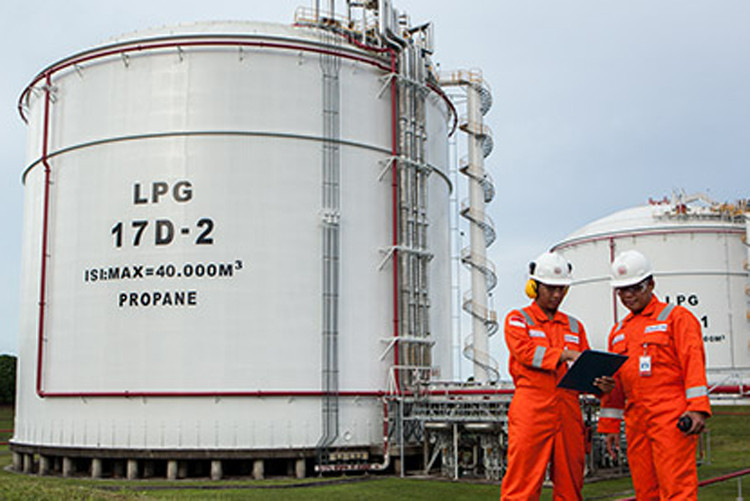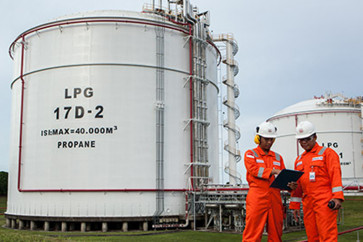Popular Reads
Top Results
Can't find what you're looking for?
View all search resultsPopular Reads
Top Results
Can't find what you're looking for?
View all search resultsRole of natural gas in advancing low-carbon energy transition in ASEAN
Considering natural gas will be a critical energy source in the ASEAN region for the coming decades, while all ASEAN member states committed climate strikes, we should note that natural gas has a prominent role in promoting low-carbon energy transition.
Change text size
Gift Premium Articles
to Anyone
D
espite an urgent need to reduce carbon emissions, the reality of the situation is that the ASEAN region is still relying on fossil fuels, while the region is pursuing an energy transition to renewable energy.
Based on the 6th ASEAN Energy Outlook (AEO6), fossil fuels will dominate the supply in 2025 and 2040. Natural gas, one of the transitional energy sources, is expected to be a bridge between conventional energy and renewable energy. The baseline scenario in AEO6 states that the percentage of natural gas in the total primary energy supply (TPES) in 2025 and 2040 is 21.8 and 21.6 percent respectively. It is also reported that natural gas consumption has the highest compound annual growth rate (CAGR) of 5.7 percent to support the region’s fast-growing industrial sector.
Moreover, all ASEAN member states committed to climate change action by signing the Paris Agreement and have submitted updated nationally determined contributions. To successfully reduce greenhouse gas (GHG) emissions, the ASEAN region must act, especially the energy sector, the most significant contributor to the emissions.
Considering natural gas will be a critical energy source in the ASEAN region for the coming decades, while all ASEAN member states committed climate strikes, we should note that natural gas has a prominent role in promoting low-carbon energy transition. The role of natural gas in energy transitions examines the role of fuel switching, primarily to reduce carbon dioxide (CO2) emissions and air pollutants.
Emission reduction
Natural gas is a relatively clean and flammable fossil fuel. Its combustion produces fewer emissions than burning coal or petroleum products in producing the same amount of energy. According to IEA data, natural gas emits between 45 and 55 percent less GHG emissions than coal when used to generate electricity.



















